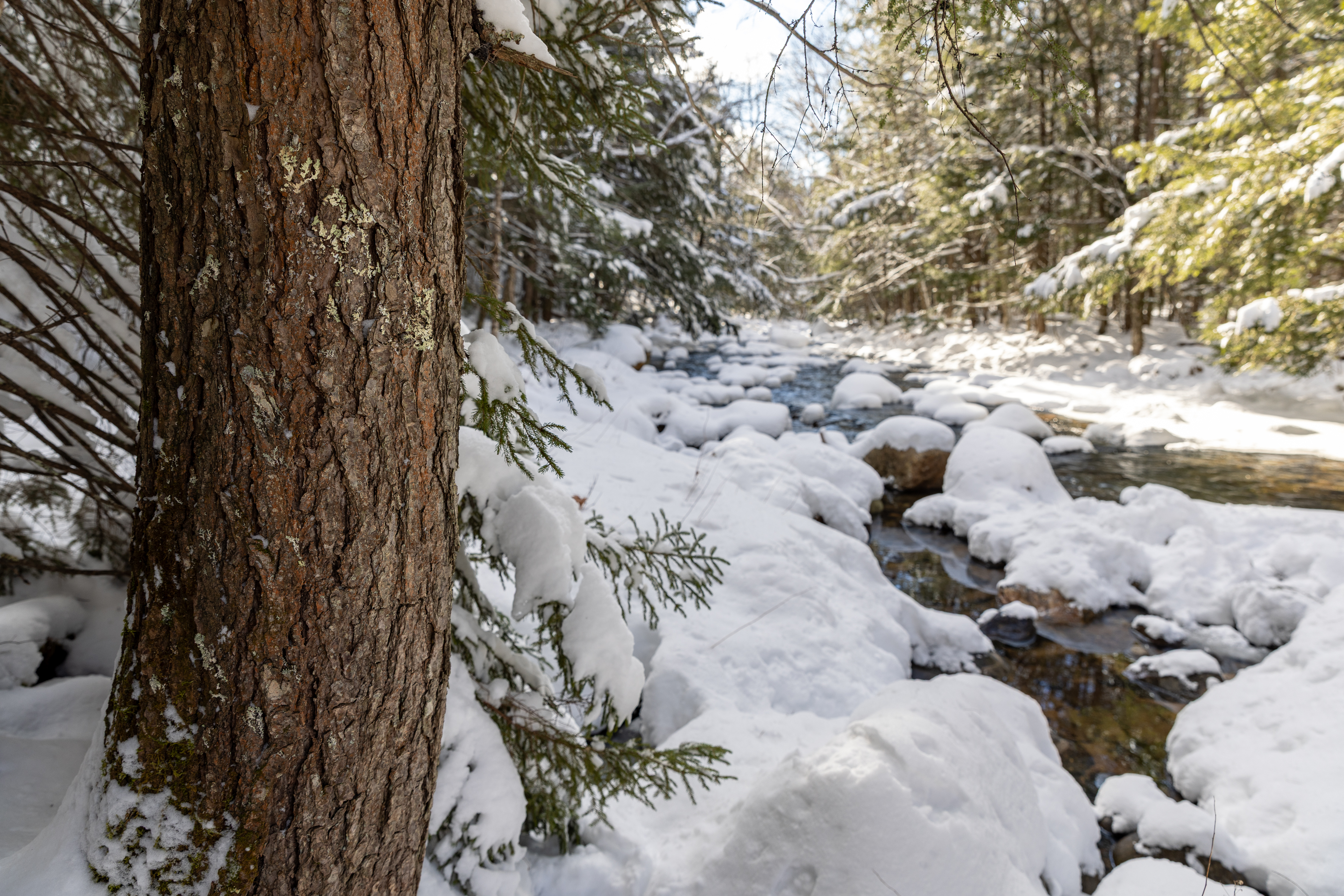Deepwood Forest, a Gift to the Community
- Tags:
- Land Conservation,
- Clean Water,
- Recreation
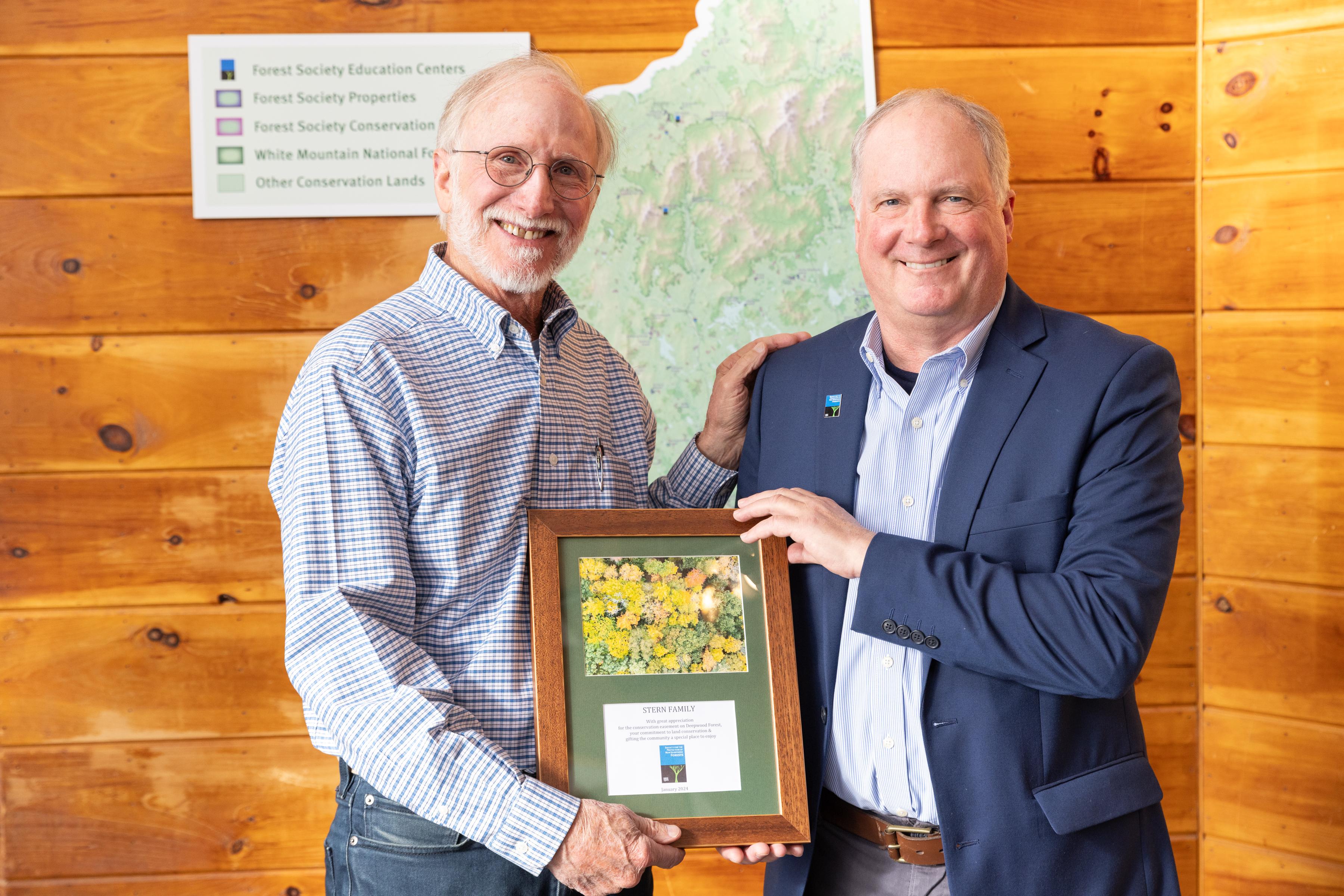
Ken Stern (left) and Jack Savage at the closing for the conservation easement. (Photo: Ryan Smith)
The Society for the Protection of New Hampshire Forests and Ken and Ilene Stern of Canterbury recently teamed up to protect nearly 400 acres in Canterbury and Northfield with a conservation easement. Known as Deepwood Forest, this conservation success was made possible thanks to a generous gift by the Stern family as well as support from local grants and foundations.
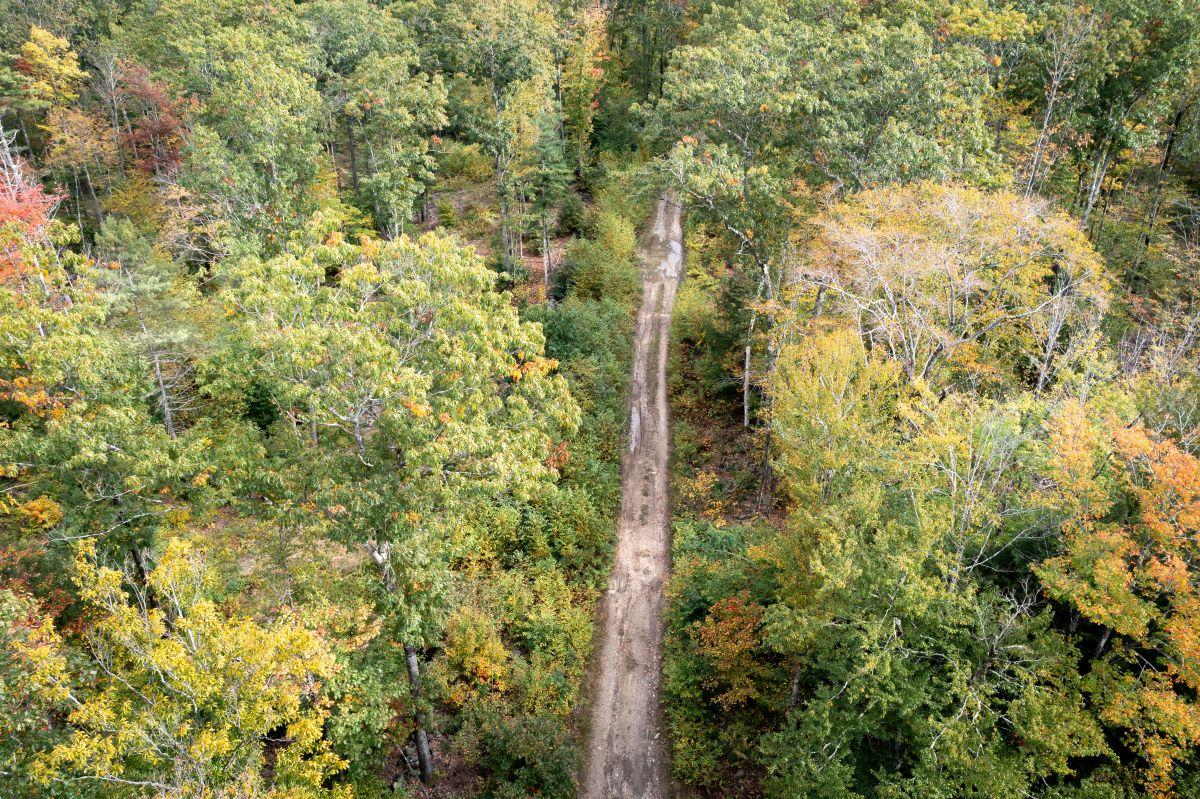
Deepwood Forest is located on a highland ridge between northeast Canterbury and southeast Northfield, with a beaver pond, perennial streams, vernal pools, forests and ledge outcrops that host a variety of wildlife, including black bear, moose, Eastern coyote, red fox, gray fox, bobcat, otter, mink, fisher, ermine, and dozens of neo-tropical migratory bird species. Due to the natural features on the property and surrounding undeveloped forests, New Hampshire Fish and Game’s Wildlife Action Plan lists the property’s habitat as the highest-ranked in the state. The Deepwood Forest also contains aquatic resources such as streams, and naturally occurring wetlands like black gum swamps and vernal pools, all within the headwaters of Soucook River.
The Stern family envisions Deepwood Forest as a community resource open to the public for walking, hiking, snowshoeing, and nature observation. “Three and a half miles of recreational trails on the property provide a range of opportunities for people to enjoy the forest,” states landowner Ken Stern. “Some trails are relatively short, level, and smooth, while others lead the adventurous to remote areas high in the hills.”
The Stern family manages the forest with help from a Forest Stewardship Plan, with the goal of maintaining a healthy forest, vibrant wildlife habitat, and providing a welcoming place for outdoor enthusiasts.
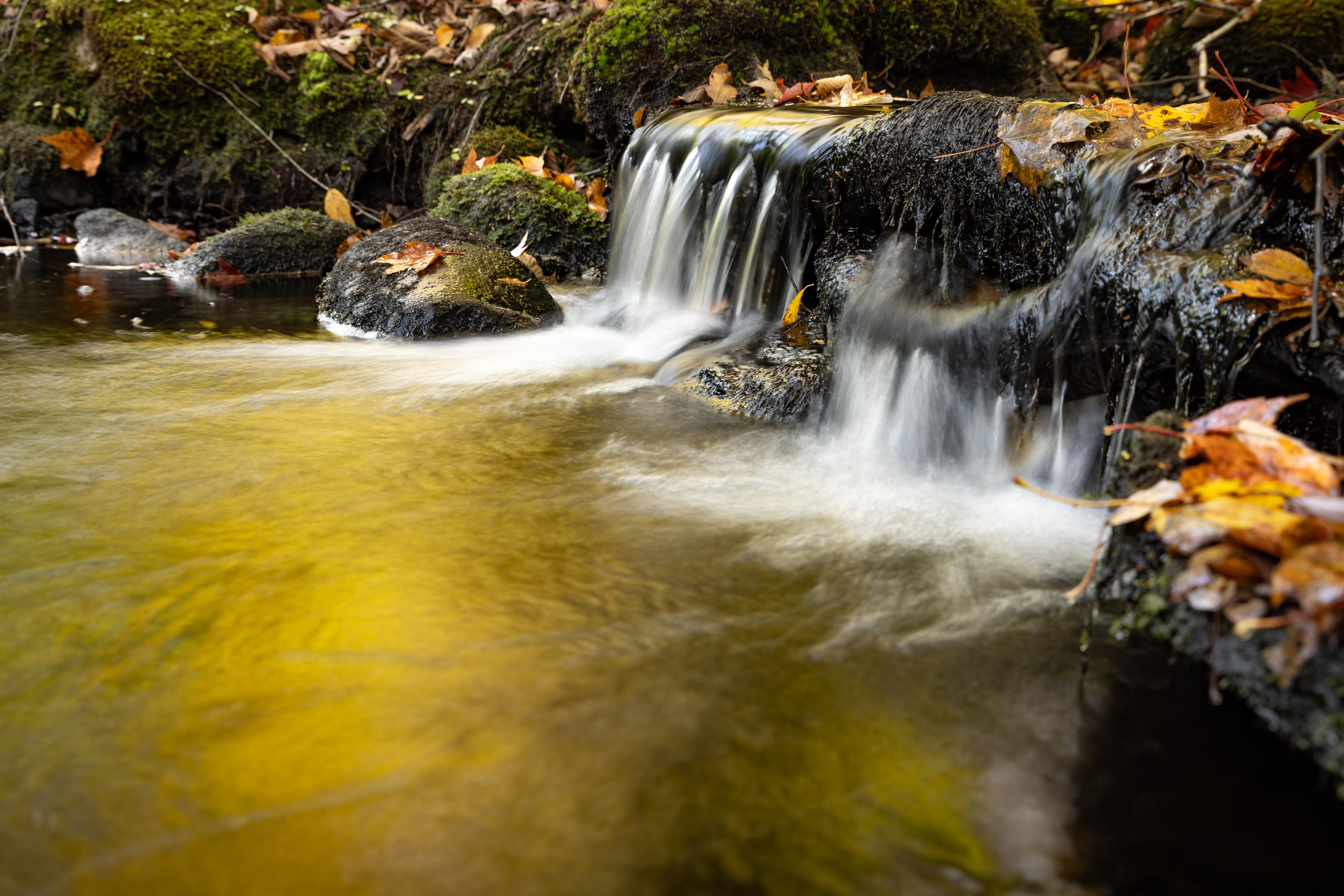
“The creation of Deepwood Forest encompasses much of what I have learned about the forests’ past, present and potential future,” says Stern. “It also represents our goal for our community and region to have a special place to enjoy the forest which now will be conserved forever. Our gift to the community will provide a place for nature to thrive and where people can explore and learn from their experiences.”
“I’d like to thank the Sterns for their generosity and for their expansive vision for the Deepwood Forest,” states Jack Savage, president of the Society for the Protection of New Hampshire Forests. “Ken has taken the extensive knowledge he amassed during a career in natural resources and poured that expertise, along with a true commitment to the community, into conserving this wonderful place where people will enjoy time in the woods and appreciate why this property is also such an important component of the Merrimack River Watershed. Because of the latter, it is ranked among the highest scoring focus areas in the Merrimack River Watershed Conservation Plan.”
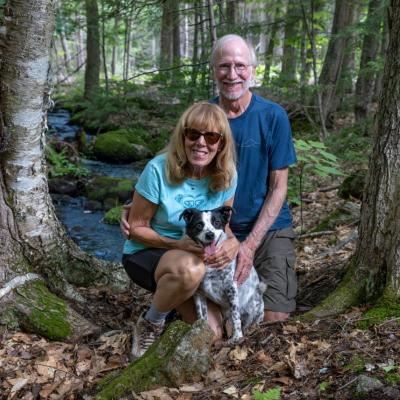
Local grant programs and foundations that helped fund this conservation easement project include $180,000 from the NH Land and Community Heritage Investment Program (LCHIP), $36,943 from the Canterbury Conservation Commission, $25,000 from the New Hampshire State Conservation Committee Moose Plate Grant Program, $15,000 from the Fields Pond Foundation, $12,000 from the Merrimack Conservation Partnership, and $7,500 from The William P. Wharton Trust.
“With miles of public trails for hiking and hundreds of acres of forests for exploring, Deepwood Forest will be a treasure for the community now and in future generations,” said Land and Community Heritage Investment Program executive director Paula Bellemore.
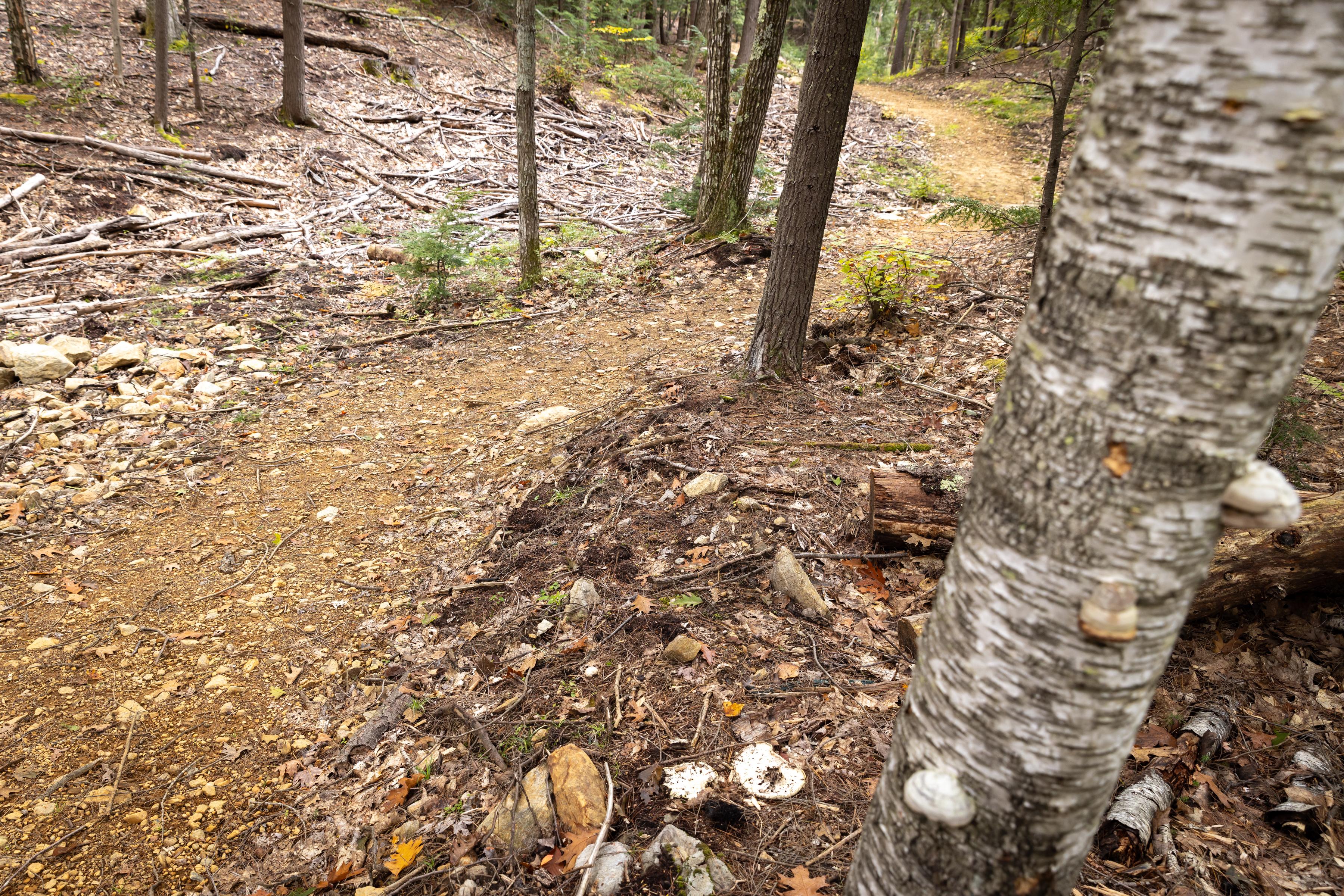
"This is a really wonderful conservation project," said Kelly Short, vice chair of the Canterbury Conservation Commission. "It checks just about every box: conserving high quality wildlife habitat, soils, wetlands, and special natural areas, and the Sterns have made public access and enjoyment a priority by providing trails and a parking area. I hope people will get out there and enjoy exploring the land and join me in thanking the Sterns for this significant gift to the town. We're grateful to the Sterns, project funders, and the Forest Society for taking this major project from vision to reality."
“Over the years, which turned into decades, I spent countless hours in the woods: exploring, learning, creating trails, and cutting cordwood,” adds Stern. “As I spent more time in the forest, my passion grew deeper, as did my knowledge and commitment to conservation. My time in the woods has also provided a mental and physical healing experience which has helped me throughout life.”
#####
About the Forest Society
The Forest Society is a private, non-profit land trust and forestry organization established in 1901. It currently holds 797 conservation easements statewide permanently protecting more than 135,000 acres of New Hampshire’s landscapes. The Forest Society owns 196 forest conservation properties constituting more than 63,000 acres in 105 New Hampshire communities.
About the New Hampshire Land and Community Heritage Investment Program
The New Hampshire Land and Community Heritage Investment Program (LCHIP) is an independent state authority providing matching grants to New Hampshire’s municipalities and non-profits, helping to preserve the state’s most important natural, cultural, and historic resources and ensure their contribution to the economy, environment, and quality of life in New Hampshire. Since 2000, LCHIP has awarded 564 grants, invested $58 million in 198 NH communities, conserving 237,000 acres of land, and rehabilitating 200 historic structures. Learn how LCHIP is helping to preserve and protect New Hampshire’s heritage at LCHIP.org, by following @LCHIP_NH on Instagram, or Facebook.
